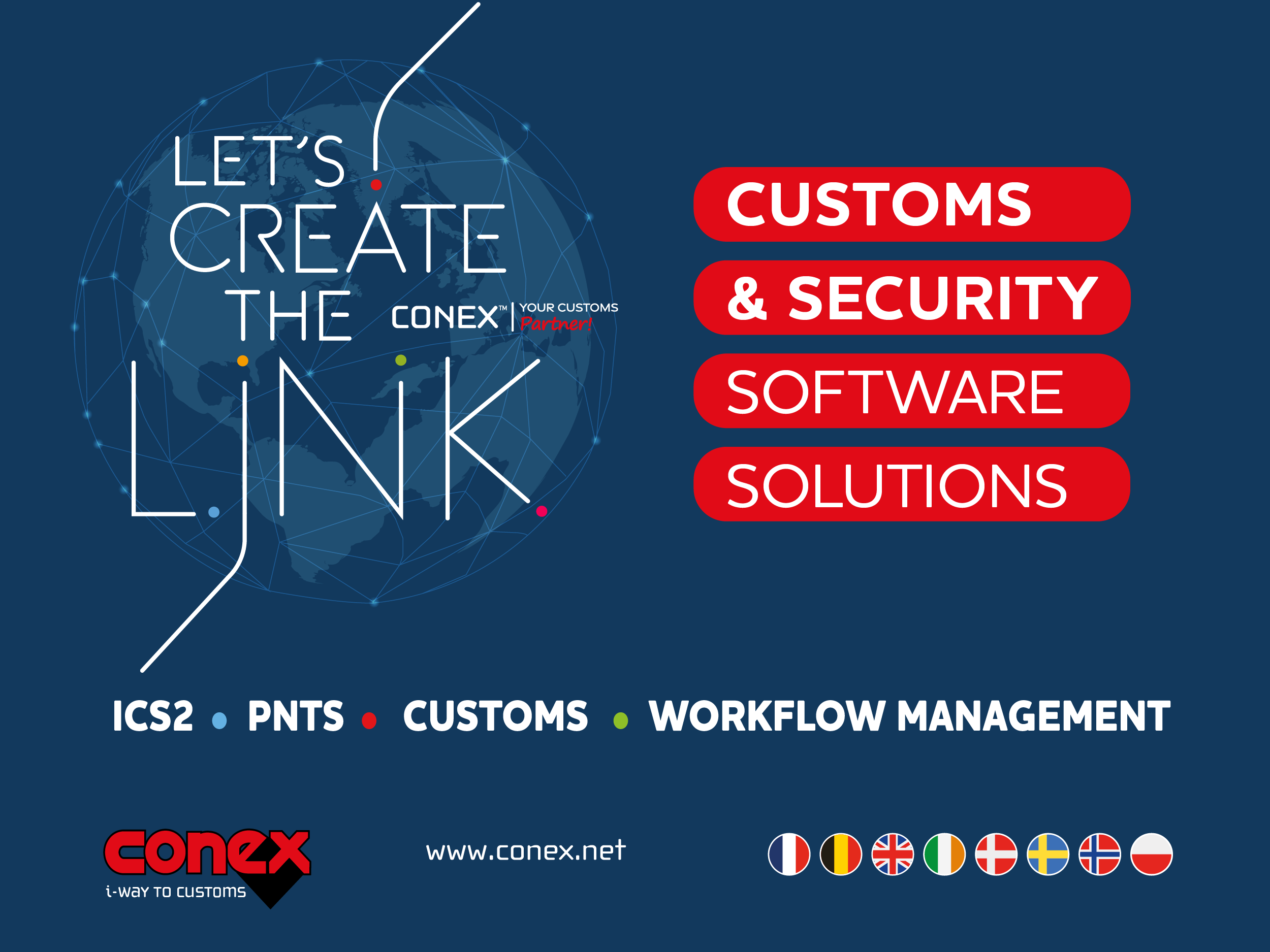Assessing knowledge: Qatar Customs develops an online examination platform
23 June 2025
By the General Authority of Customs of QatarThe General Authority of Customs (GAC) of Qatar is constantly working to refine and update Customs regulations and procedures in line with international agreements and good practices, and with a view to harnessing technology developments.
To ensure field officers and brokers are proficient in their assigned duties and in the use of the tools and technologies at their disposal, Qatar Customs has developed an online examination platform called the Comprehensive Testing System. Developed by experts of the Customs Training Center, it provides Customs officers and brokers with a personalized dashboard allowing them to take examinations, access test results and visualize their progress.
Trainers can request port officers and brokers to take an examination before and/or after a training activity to measure their proficiency. Question-based tests have been developed for each job position within the Customs Administration, as well as for brokers, and the system creates each test from a comprehensive list of questions, enabling the Administration to ensure more fairness in the testing process. Additionally, the system allows for the creation of individual or aggregated test reports and the identification of training needs.
The platform covers the 42 educational packages developed by GAC trainers for officers working at Qatar ports of entry. A total of 714 are registered on the platform, and around 680 have passed the exams related to their job position. Their feedback has been overwhelmingly positive. They have appreciated the platform’s ease of use, the clarity of instructions and the consistency in the evaluation process. Trainers noted that the system significantly reduced administrative workload and allowed for faster results analysis, enabling more targeted follow-up training.
Knowledge gaps (i.e. the gap between the required level of competencies needed to perform a job, and the actual level of the employee’s knowledge, skills, capacity and attitudes) have been identified, particularly in areas such as risk management (risk profiling techniques, use of risk indicators, and post-clearance audit methodology) and Customs valuation (principles set out in the WTO Customs Valuation Agreement, and use of transfer pricing information when examining related party transactions).
As for brokers, 368 are registered on the platform, and around 304 have passed the professional certification examinations developed specifically for them.
The main challenges in developing the platform related to creating a secure exam environment, preventing cheating, ensuring question bank confidentiality, enabling real-time monitoring, and providing a user-friendly interface both for candidates and administrators.
The development and implementation of the online examination platform highlighted the importance of early stakeholder engagement, thorough user testing, clear communication of technical requirements, and robust IT support systems. Additionally, ensuring platform scalability and investing in training both for users and administrators were key to successful adoption and long-term sustainability.
More information
Contact the author


